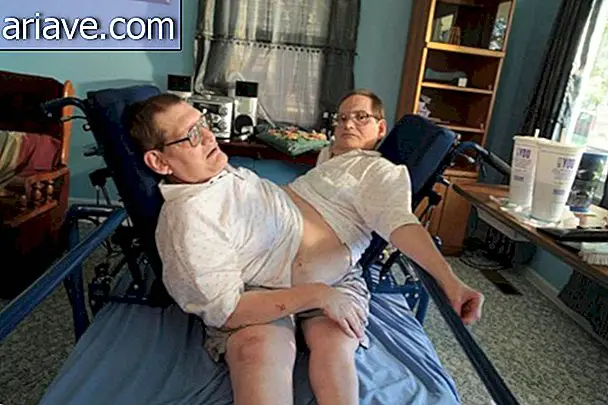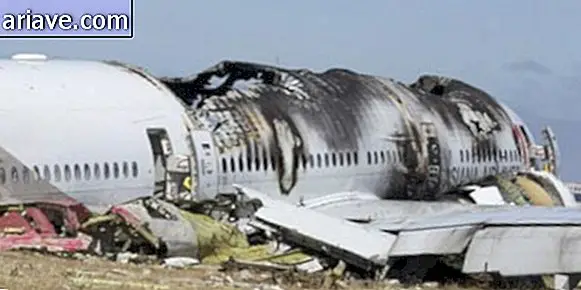Fear drives thousands of Muslim refugees to become Christians
Europe, as you know, has been receiving a huge influx of refugees from their warring countries for years. Millions of these immigrants came from places such as Syria, Afghanistan, Iraq and Somalia - which are predominantly Muslim nations - and although most remain true to their religion, according to Savannah Cox of All That Is Interesting, a number each bigger and bigger of them is converting to Christianity.
According to Savannah, there are no official data on the conversions yet, but as I said, much of it has been recorded especially by churches in countries in the western European continent - who have already done numerous mass baptisms in municipal pools to convert exiles. And why would so many Muslims be interested in adopting another religion?
One day of Allah, the other of Christ
A loyal follower simply does not decide to change his or her religion from time to time, and of course, for the refugees who migrated to Europe, the motivations are very complex. There are those who believe many have been disappointed to see how Islam was used in their home countries as a political and hate-building tool.

Many others argue that the reason would be the ardent desire to belong to a community again. As one British Reverend who led several conversions explained, many of them are encouraged by their willingness to be part of a “family” where there are no border officers, no documents to be submitted and no detention centers for immigrants.
However, there is one more important motivation for conversions: fear. According to Savannah, European law does not allow immigrants to be deported if there is any risk that they may suffer religious persecution in their home countries for being converted. So many Muslims are converting to Christianity out of fear of having their asylum applications turned down - and forced to return home.
Hunting the faithful
If it were not for war - and all the social and economic problems it entails - most refugees would certainly prefer to live in their countries rather than try to live in nations that often do not welcome them with open arms. However, under the present circumstances, it is too risky for many of them to return to their homes.

And the European churches have already connected with this religious / legal “loophole” and are beginning to demand that those interested in moving forward with conversions attend preparatory courses to ensure that the desire to adopt Christianity is genuine. At Liverpool Cathedral, for example, asylum seekers are required to submit their application documentation and attend five baptism classes and 12 to receive confirmation.
In fact, just as there are motivations beyond the refugees' actual faith to convert, so can the Christian churches - as with the increasing numbers of believers in the West they are seizing the opportunity to gain new followers.
Right or wrong?
According to some critics - such as a Dutch pastor named Gerhard Scholte - what many churches are doing is taking advantage of people in vulnerable positions to increase the numbers of believers, and that is not true. The religious said he prefers not to encourage conversions and only offers the option when she can save a life.

On the other hand, many religious leaders see no problem in the “exchange of favors” between church and refugees and believe that the biggest challenge, in fact, is how to deal with how immigrants are treated by other members of congregations after conversions. After all, despite all that talk of being part of a family without borders and immigration laws, there is also a lot of opposition with respect to newcomers.
Thus, while European churches are getting new believers, many old members are no longer attending congregations because of immigrants and “irregularities” that have been happening.

In the case of refugees, despite their regrets, is it not their fault that there are loopholes in the system, and in their situation - life or death, literally - would it not be justifiable to seize the opportunity? In the case of churches, aren't they supposed to have their doors always open to anyone? Also, in our case, who are we to judge the decision of others? Or not?











